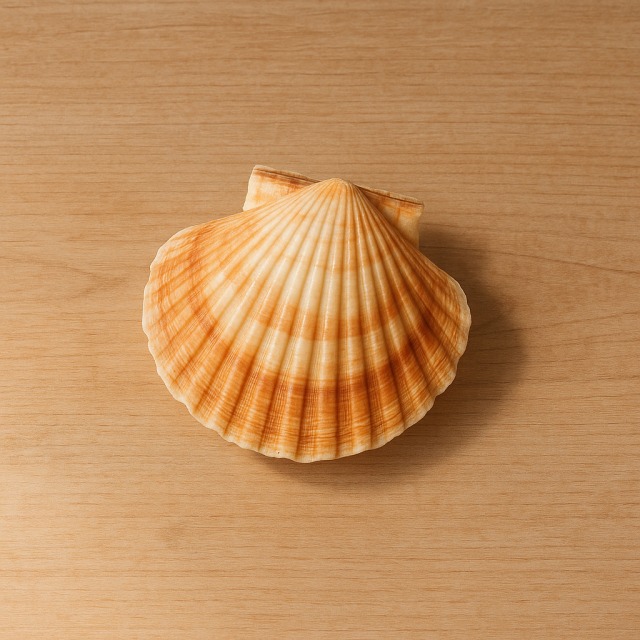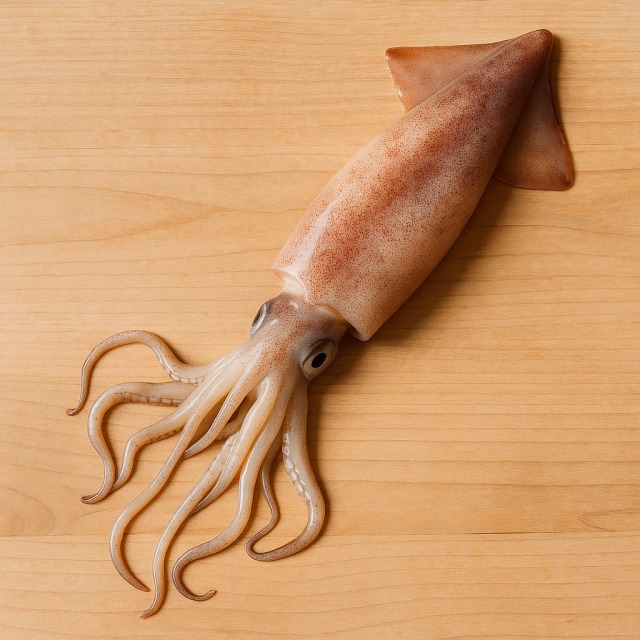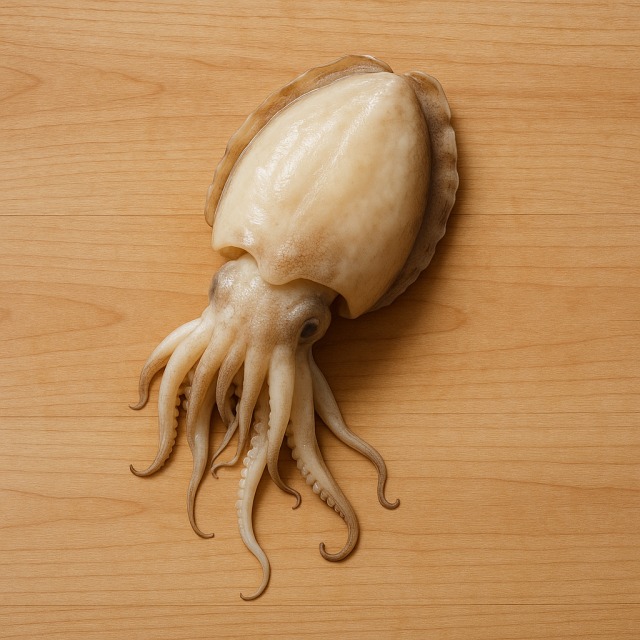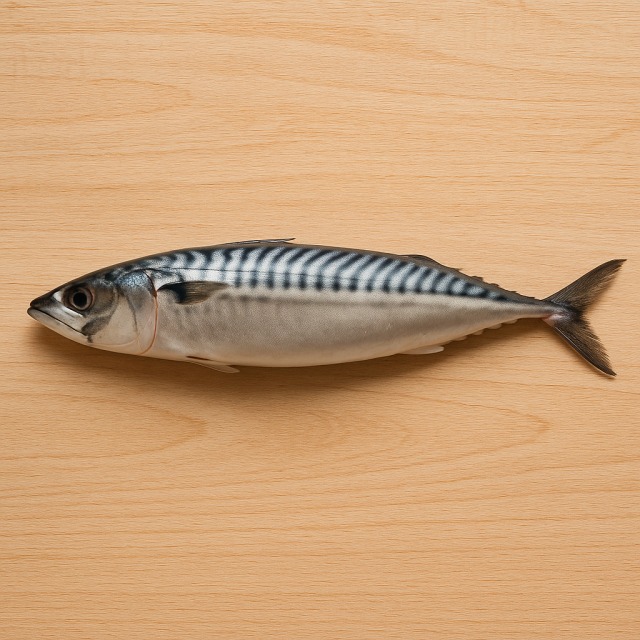Calorie Chart / Fish / Octopus
How Many Calories Are in Octopus?
Calculation of the nutritional value & Recommended Dietary Intake of octopus
For g and a calorie requirement of kcal
| Calories 110 kcal | Proteins 24 g | Lipids 1.5 g | Carbohydrates 0 g |
| 6% | 32% | 2% | 0% |
Health benefits of octopus

Octopus - 100g
Calories 73 kcal
Proteins 16 g
Lipids 1 g
Carbohydrates 0 g
Octopus is considered a low-calorie seafood, providing only 73 kcal per 100 g. Those few calories are paired with a remarkable 16 g of complete proteins and barely 1 g of fat, making it a lean option for anyone monitoring daily calories, whether for weight loss, maintenance, or sports performance. In the context of "octopus calories" searches, it is reassuring to know that you obtain a high satiety index for a very small calorie cost.
Nutritionally, octopus delivers significant amounts of vitamin B12 (well over 100% of the Recommended Daily Intake in a standard serving), vitamin B6, and niacin, all of which support energy metabolism—so the body makes better use of the calories it consumes elsewhere. It is also rich in selenium, iron, copper, and phosphorus, contributing to red-blood-cell formation, thyroid function, and bone health. A 100 g portion provides more than one-third of the daily selenium requirement with virtually no extra calories. Trace levels of taurine and omega-3 fatty acids (EPA & DHA) have been associated with cardiovascular support, although the supposed benefits need more large-scale studies to be confirmed.
Thanks to this protein-to-calories ratio, octopus is often recommended in high-protein, low-calorie meal plans such as the Mediterranean or DASH diets. Historically, it has been a staple along Mediterranean and Asian coasts for centuries; fishermen prized it as a "poor man's meat" because it filled them up on minimal calories when other proteins were scarce.
Tips for incorporating octopus into a balanced diet
Because octopus is low in calories yet high in proteins, it fits nicely in balanced plates that keep total calories under control. A classic idea is a grilled octopus salad: combine bite-size pieces with lemon juice, fresh herbs, and extra-virgin olive oil, then serve on a bed of broccoli florets. The acidity of the citrus and the crunch of the vegetable add volume without many calories, helping you feel satisfied.
If you prefer a heartier dish, try an octopus and brown rice bowl. The complex carbohydrates of the rice give sustained energy while the octopus keeps the overall calories moderate. Spice it up with paprika and garlic for a Mediterranean twist.
For athletes needing extra proteins without piling on calories, a post-workout stir-fry of octopus, asparagus, and tomato is ideal. The vegetables add fibre and micronutrients, and the entire skillet rarely exceeds 250 kcal per serving. Remember that prolonged boiling before searing tenderises the flesh while keeping added calories very low.
Whichever recipe you choose, avoid deep-frying, as the batter can double or triple the calories. Opt for boiling, grilling, or quick pan-searing in a small amount of olive oil to retain flavour yet control calories.
Frequently Asked Questions
- How many calories are in octopus?
- There are 73 kcal per 100 g.
- Is octopus considered low, moderate, or high in calories?
- With only 73 kcal per 100 g, octopus is clearly a low-calorie protein source.
- Does cooking method change octopus calories significantly?
- Boiling or grilling adds virtually no additional calories, whereas deep-frying can raise calories dramatically due to oil absorption.
- Is octopus suitable for a high-protein, low-calorie diet?
- Yes. Its 16 g of proteins for just 73 kcal make it one of the most protein-dense, low-calorie seafood options.
- How do octopus calories compare with chicken breast calories?
- Octopus supplies slightly fewer calories than a similar portion of chicken breast while offering comparable protein.
- Can I include octopus in a calorie-controlled Mediterranean diet?
- Absolutely. Pair it with vegetables, whole grains, and olive oil to keep overall calories balanced within Mediterranean guidelines.
Similar foods
Information provided by Calorie Menu may contain inaccuracies or errors. It cannot, under any circumstances, substitute medical advice or medication.










